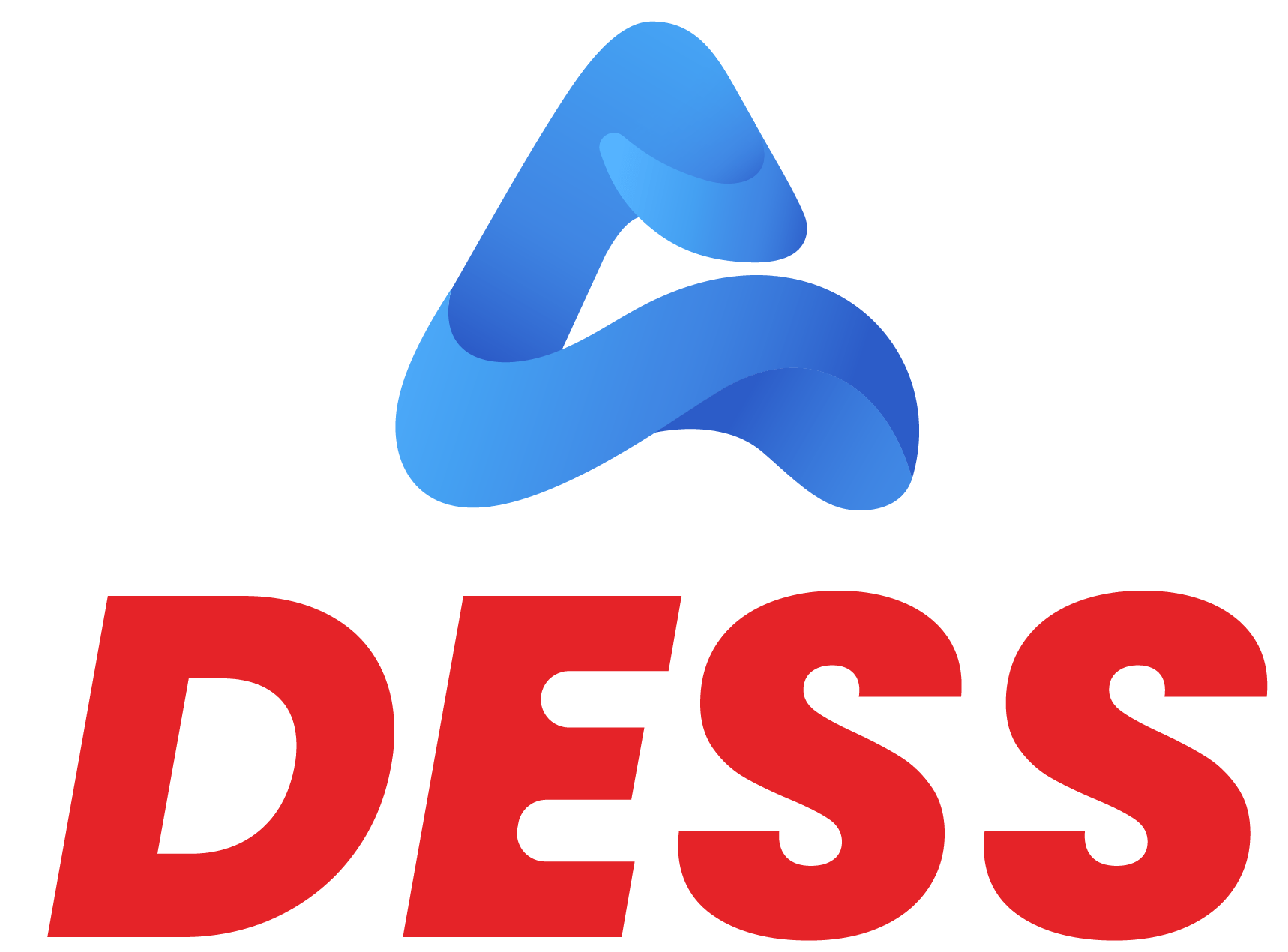Government agencies operate in a labyrinth of stringent regulations, multifaceted workflows, and...
Navigating Board Management Through Audit Reporting
Vishwanathan Mavila Nair Reappointed as Director and Chairperson of KFin Technologies
Veteran banker to head strategic development and direction of the company through October 2025
KFin Technologies Limited has declared the reappointment of Vishwanathan Mavila Nair as Non-Executive Director and Chairperson of the company with effect from October 1, 2025.
Nair has been a senior member at KFin Technologies since November 22, 2018, with a legacy of governance and leadership. A veteran professional with experience in the banking and financial services sector, he has been a board member of major organizations such as DAM Capital Advisors, BQ Digital, Propelld, and Franklin Templeton IFSC. His leadership experience spans chief roles at Union Bank of India, Dena Bank, and Corporation Bank, and he was also the Chairman of the Indian Banks’ Association.
With over 50 years of experience in the financial services market, Nair has been instrumental in shaping financial services, having guided fintech companies, asset managers, and digital platforms like WestBridge, Growx Ventures, and TransUnion LLC. At KFin Technologies, he has extended the governance framework and scaled the business by leaps and bounds. His leadership is set to continue influencing the company’s long-term strategic growth. Nair is a science graduate from the University of Mysore.
Top Corporate Governance Trends Shaping 2025 And Beyond
Corporate governance is evolving rapidly, shaped by technological advancements, regulatory...


